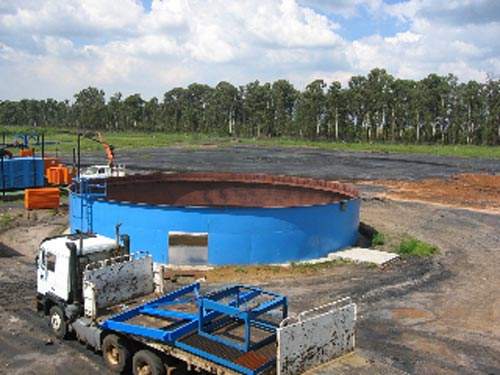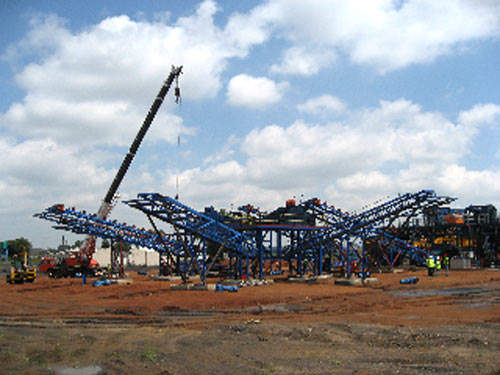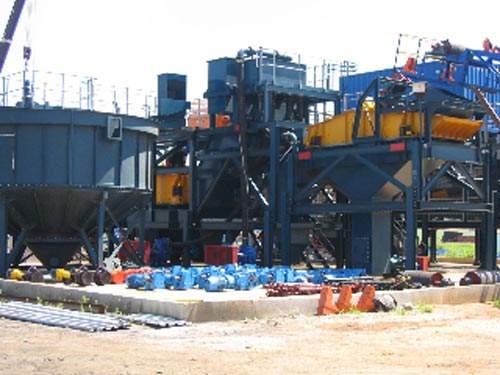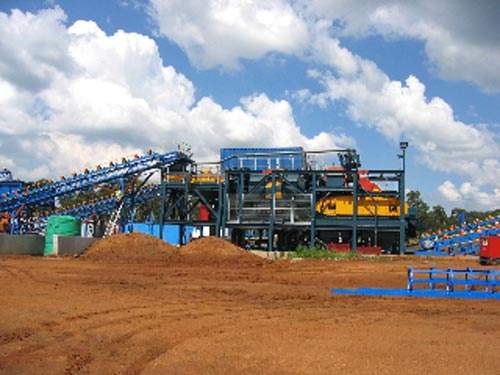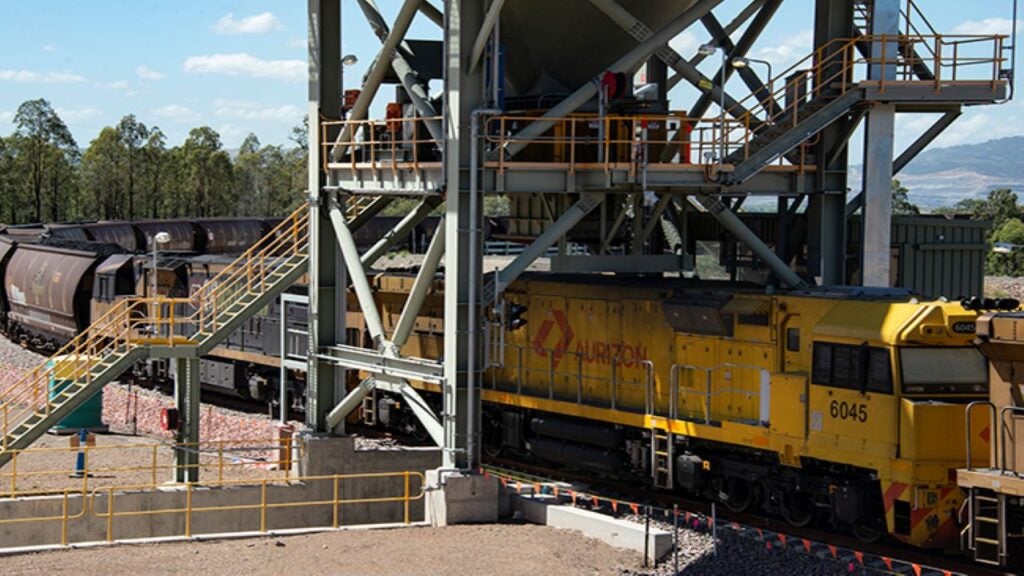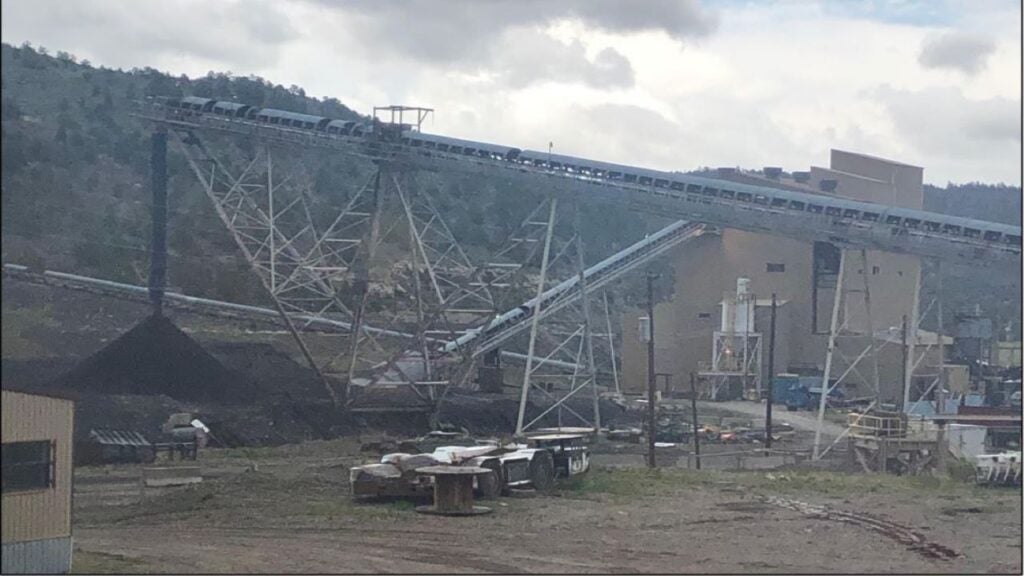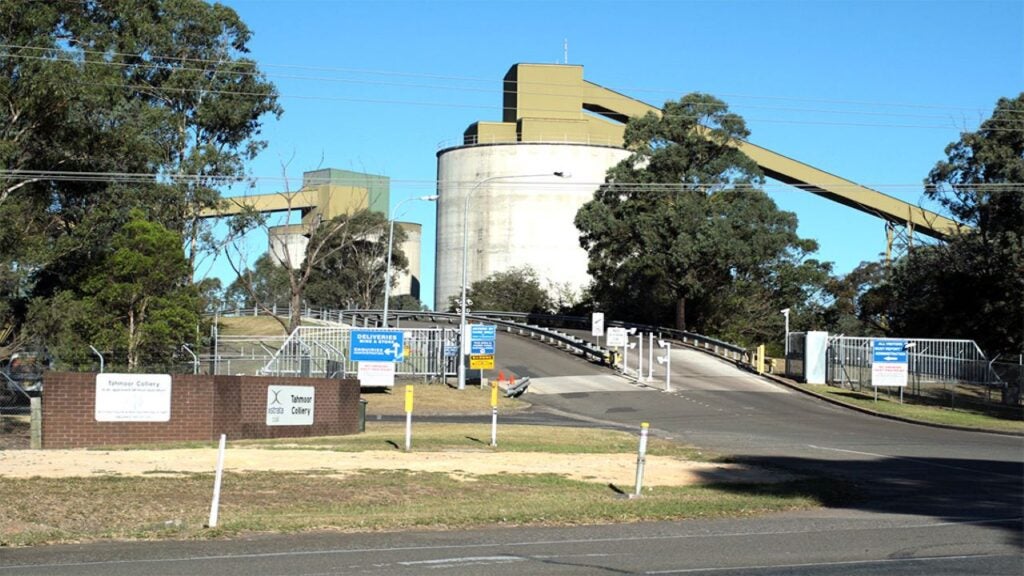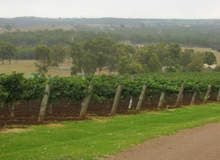Homeland Mining & Energy SA (Pty) Ltd, a subsidiary of Canadian mining company Homeland Energy Group Ltd, received the mining licence for its Kendal opencast coal mine in Witbank from the South Africa Department of Minerals and Energy in March 2008. Witbank is about 100km east of Johannesburg and the mine is 6km west of the town of Ogies, in the Mpumalanga province, and about 2km north-east of state utility Eskom’s Kendal Power Plant.
Homeland continued building the mine infrastructure throughout the application process, and in March 2008 awarded the mining contract to Moolman Mining and Energy SA (Pty), an operating group within The Aveng Group. Production began in July 2008, following commissioning of the on-site crushing and screening plants and the wash plant. The anticipated mine life at Kendal is more than 12 years.
Investment
Homeland Energy owns 74% of the Kendal project, with the remaining 26% owned by two local Black Economic Empowerment partners – local entrepreneurs who held the prospecting licences for the Kendal property – who will be paid back out of dividends from the producing mine. Also, in May 2008, Homeland Energy sold an additional 5% stake in its South African subsidiary to GMR Group for $15m, bringing the Indian company’s stake in Homeland SA and Kendal to 10%.
The total capital cost for Kendal is about $10m to the point of production. At the anticipated rate of production, payback is expected to be about five or six months from the point of full production. Funding was raised privately – through private equity – without using a banking or brokerage partner.
The South African Mineral and Petroleum Resources Royalty Act 2006, part of which states that all mineral resources in the country belong to all South Africans and that the state is the custodian of these resources, proposes to impose a revenue-based royalty on South African mining companies, payable to the South African government. Homeland would therefore be liable to pay royalties to the state – of 1% or 3%, depending on the coal’s ash content – from 1 May 2009 if the bill is enacted in its present form.
In September 2008 Homeland announced the first formal sales contracts, of about 500,000t of thermal coal, for delivery between October 2008 and September 2009, and priced at about US$88/t.
Geology
The Kendal project lies within the Witbank Coalfield, situated in the Northern Karoo Basin, stretching from Springs in the west to Belfast in the east, and Middelburg in the north to Rietspruit in the south. There are five major coal seams – S1 to S5 – in the coalfield, named from the base upwards.
The project itself is in the far west-central region of the coalfield. Here, the pre-Karoo basement consists mainly of dolomites, cherts and quartzites of the Malmani Group (Transvaal Supergroup). The period of Dwyka glaciation, coupled with the fact that the glaciated surface is largely a dolomite sequence, resulted in a highly irregular and undulating basement onto which the Karoo sediments were deposited. The resultant seam thicknesses and seam distributions are highly influenced by this palaeotopography, especially the lower seams, S1 and S2.
All five Witbank coal seams are present to a greater or lesser degree within the project area. Not all seams are always present at any one locality and the distribution of the seams is strongly influenced by the present-day erosional surface, as well as by the palaeotopography of the original surface of accumulation.
The target coal seams are discrete coal seams bounded above and below by clastic sedimentary rocks. Within the seams, however, there are almost always present a number of intra-seam clastic partings consisting predominantly of mudstones and minor siltstones.
Production
Total measured, indicated and inferred resources are 34.6Mt.
Kendal is a simple operation in terms of processing. All the coal will be crushed and screened, generating the run-of-mine product.
About 40% of that coal will also be washed before delivery, offering a higher quality product for the domestic market.
As of October 2008, the mine was ramping up to full production of 150,000t per month, which is expected to be achieved by the first quarter of 2009. Of this, about 30,000tpm will go to Eskom while most of the production will go to South African markets such as the paper and chemicals industries.
Kendal consists of a single boxcut, with a second boxcut expected to start production by December 2008 and a third expected to start by the end of 2009.
There are relatively few Homeland Energy employees engaged on the project, although Moolman has 175–225 people working there.
Power is supplied from the main power grid, and there is also a Genset diesel generator as a back-up. Clean water comes from a large stream that runs through the property. The plant is recycling as much of the processing water as possible and a holding tank has been built for returned water from the slurry dump.

